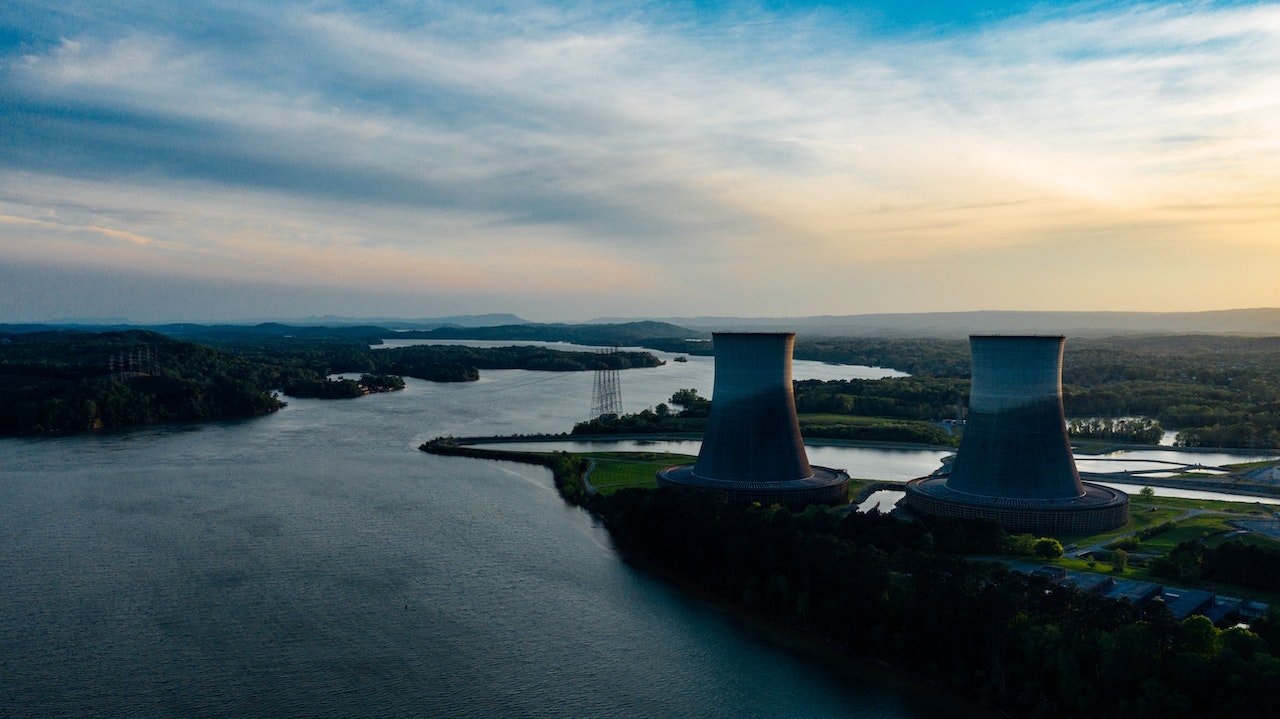If your drinking water is contaminated, you don’t have to be the one at risk for illness. You can get in touch with a lawyer who will file a lawsuit on your behalf if necessary. This article breaks down what you need to know before contacting a lawyer.
Table of Contents
What is a Water Contamination Lawsuit?
If you have been harmed by water contamination, you may be able to file a lawsuit. In most cases, the person who is responsible for the water contamination can be sued. This includes companies that produce or store water, as well as those that release water into the environment. You may also be able to sue the government if it negligently releases polluted water into the environment. If you are able to prove that your injury was caused by water contamination, you may be able to receive financial compensation.
Types of Water Contamination Lawsuits
There are three main types of water contamination lawsuits: public water systems, individual water customers, and business entities that use or discharge contaminated water. Public water systems are government-owned or operated facilities that provide drinking water to the public. If the public water system is found to be responsible for a contamination incident, the municipality or county in which the system is located may be liable. Individual water customers who are harmed by a public water system’s contamination can use the system’s operator. Business entities that use or discharge contaminated water can also be sued if they knew or should have known about the contamination and did not take steps to prevent it.
Public Water Systems: Public water systems can be sued if they are found to be responsible for a contamination incident. Municipalities and counties that operate public water systems are often liable for any damages caused by their facilities. The operators of public water systems must take reasonable measures to protect the health of their customers, including monitoring for and taking action against contamination incidents.
Individual Water Customers: Individual water customers who are harmed by a public water system’s contamination can use the system’s operator.
If you or someone you love has been harmed by water contamination, you may have a legal case. In this article, we will outline the steps you need to take to file a water contamination lawsuit.
Who Can Sue in a Water Contamination Lawsuit?
The person who can sue in a water contamination lawsuit is usually the victim of the contamination, but there are exceptions. If the contaminant was released into the environment by an industrial plant, for example, the company that produced the contaminant could be liable. In addition, state and local governments may also be held responsible for violations of environmental laws.
There are a few factors to consider before filing a water contamination lawsuit.
The first is who is the victim of the contamination. This could be the property owner, tenant, or occupant of a property that was impacted by the water contamination. Next, is the nature of the harm caused by the water contamination? This could be physical injury, loss of life, or damage to property. Finally, can you prove that the water contamination was caused by the defendant? In order to win a water contamination lawsuit, plaintiffs must establish all three elements of causation: negligence, direct causation, and indirect causation.
If you believe you have been harmed by water contamination and would like to file a lawsuit, consult an experienced water contamination attorney.
If you are harmed by water contamination, you may have a legal case. The following people may be able to sue:
The company that produced the polluted water The company that used the polluted water The government that allowed the production or use of polluted water
To win a water contamination lawsuit, you will likely need to prove all four of the following elements:
1) That the polluted water caused your injury
2) That the company responsible for producing and using the polluted water was negligent
3) That you suffered an actual loss as a result of the pollution
4) That the government was negligent in not preventing the pollution from occurring
Also Read: What Is Polydrug Use and What Are the Side Effects?
Who Can File a Water Contamination Lawsuit?
To file a lawsuit based on Pfas contamination of water, you must be a resident of a state with drinking water that has been affected by the chemicals. If you are not a resident of such a state, you cannot sue based on water contamination with PFAS.
When it comes to filing a PFAS cancer lawsuit, there are a few specific people who may be able to take action. Generally, those who have been diagnosed with the disease as a direct result of exposure to the contaminated water may be eligible to file a lawsuit. Additionally, parents or legal guardians of children who have contracted pfas cancer may also be able to take legal action.
If you or a loved one became ill after being exposed to water contamination, you may be able to file a lawsuit. Here are some questions to ask yourself if you decide to file a lawsuit:
Anyone who was exposed to water contamination as a result of the spill or leak can file a lawsuit. This includes individuals, families, businesses, and municipalities. In order to file a suit, you will need evidence that the water contamination caused your injury. You may also need proof that the defendant was responsible for the contamination.
Anyone who has experienced water contamination can file a lawsuit. Homeowners, business owners, and even the state or federal government may have grounds to sue if their health was adversely affected by water contamination.
To win a lawsuit, plaintiffs must prove that the defendant was negligent in releasing pollutants into the water supply and that this negligence caused harm.
